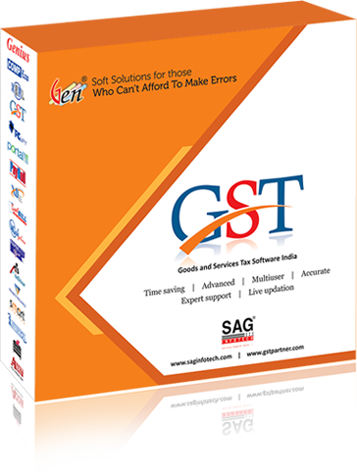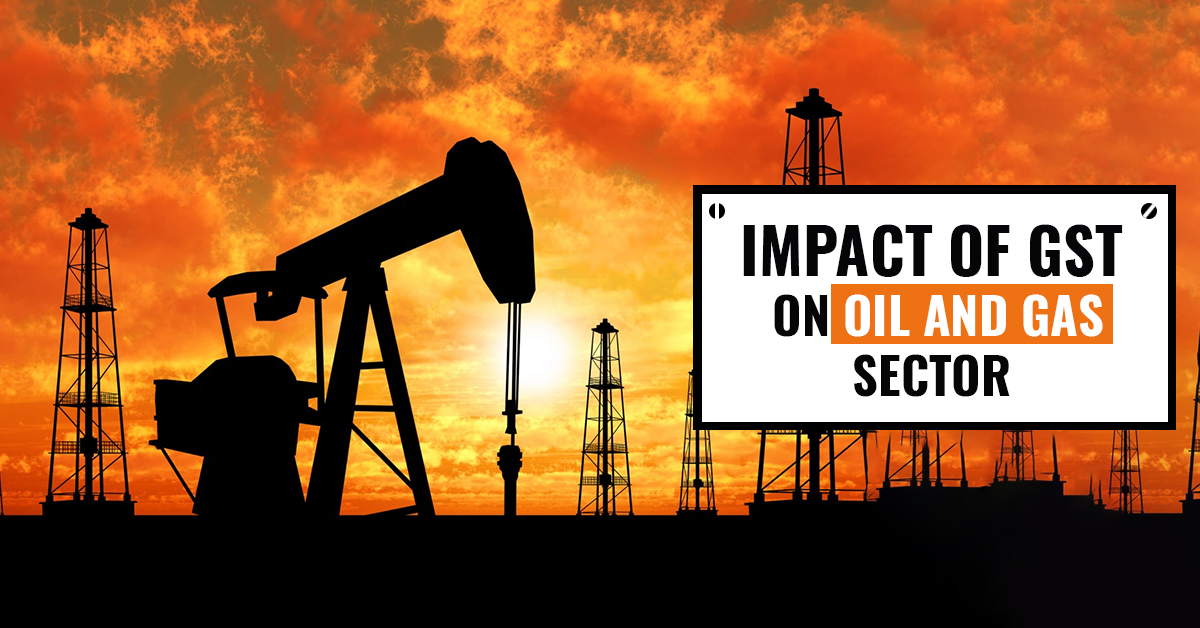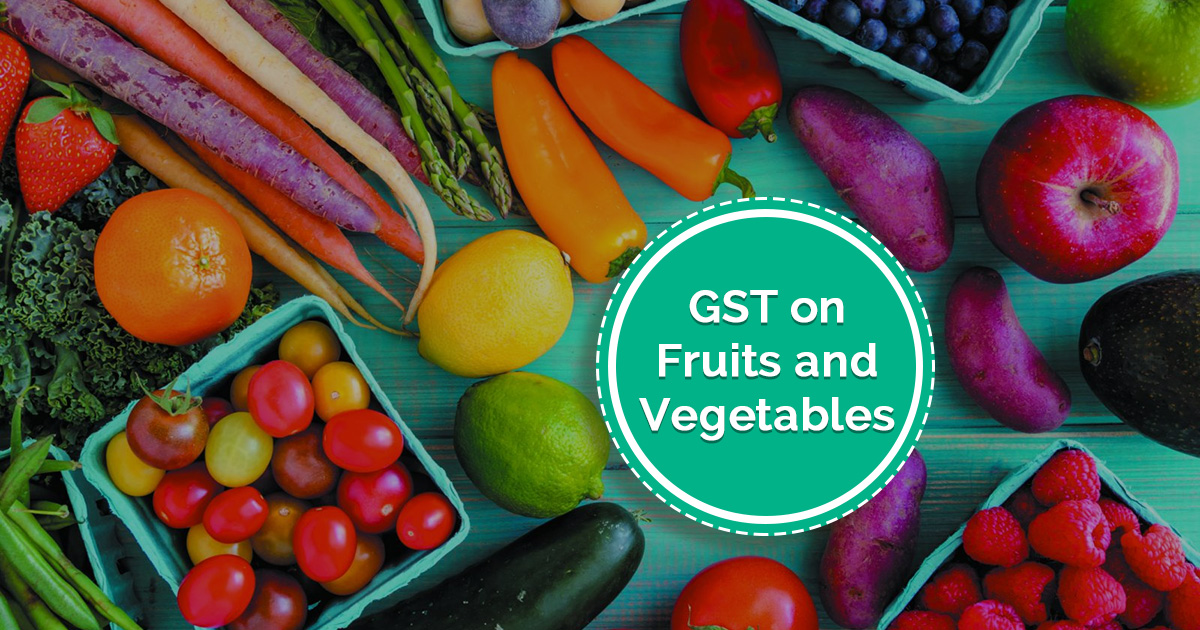The Goods & Services Tax (GST) is an indirect tax that is levied on the supply of taxable goods and services. When GST was launched in July 2017, the rules were defined regarding the tax eligibility and rates for various supplies. Even though the major petroleum products (including crude oil, white petroleum (motor spirit, aviation turbine fuel), diesel and natural gas) have been kept out of GST cover, some other products such as LPG, fuel oil, kerosene, naphtha etc are included. There are some direct and indirect impacts of the GST on oil and gas sector.
The excluded petroleum products will continue to be taxed under the value added tax (VAT) and excise duty.
GST Impacts on Oil and Gas Industry of India
The following impacts have been noted as a result of the implementation of the GST system in India.
Double compliance cost
Since GST is applicable only to a few oil/gas products while others are excluded, the industry has to comply with both the new as well as previous tax regime. This increases the compliance needs and the cost of operations.
Continuation of C form
C form at CST 2% continues to be issued to purchase GST excluded petroleum products, including natural gas, HSD, crude, ATF, and MS, for manufacture and resale of goods, generation or distribution of power and telecommunication mining or networking. However, C form cannot be issued for other manufacturer goods.
Input Credit Reversal
The credit is available only for tax paid on input Capital Goods (CG) for manufacturing of taxable or exempt petroleum products.
No credit of GST paid on machinery and services, plant and other input expenses for manufacturing of excluded products.
Adverse Impact on upstream companies
The tax rate has increased from 15% to 18% on services, which is having an adverse impact on the capex and opex of the upstream companies which significantly rely on services.
Double tax on imports
Import of goods such as ocean freight and time charter will be taxable under Reverse Charge Mechanism (RCM). There is also a customs duty on freight cost for such imports.
GST on gas transmission tariffs
While the supply of natural gas is out of GST purview, the gas marketers have to pay GST on transmission tariffs which leads to complexities for them.
GST on transportation
- GST on transportation of natural gas via pipeline is 12% with credit and 5% with no credit.
- GST on transportation via road or railways is 5%.
- GST on bunker fuel used by coastal and foreign-going vessels is now 5%.
- GST on transportation of crude oil, HSD and MS through pipeline is 18%.
- Export of petroleum-related services is zero-rated under the GST.
Impact on PNG sales
The piped natural gas (PNG) continues to be taxable under VAT at a higher rate of 26-28% as compared to 18% GST on other competing liquid fuels. This is likely to negatively affect the sales of PNG.
GST on Stock Transfer
GST is levied on the stock transfer of petroleum products between two separately registered parties for which credit is not available. This increases the cost.
GST on payments for land acquisition and refinery setup/expansion
GST is applicable to payments made to the farmers, registered/unregistered persons or the government for acquisition of land for refinery construction or pipeline laying, etc.
In addition, an 18% GST is levied on materials/products used for expansion or establishment of refineries.
Updates About Petroleum Industry
The following amendments have been made to GST rules that affect the Oil and Gas sector.
- GST rate on transportation of natural gas (without credit) reduced from 18% to 5%
- GST rate on transportation of natural gas (with credit) reduced from 18% to 12%
- GST rate on bunker fuel reduced from 18% to 5%
- GST rate on oil & gas offshore work contracts dropped from 18% to 12%
- E-way bill on transports implemented on April 1, 2018
- No IGST on the import of ancillary and rigs under lease
- No GST on advance payment received for a supply
Stay tuned to this page for more updates about GST on oil and gas industry of India.






